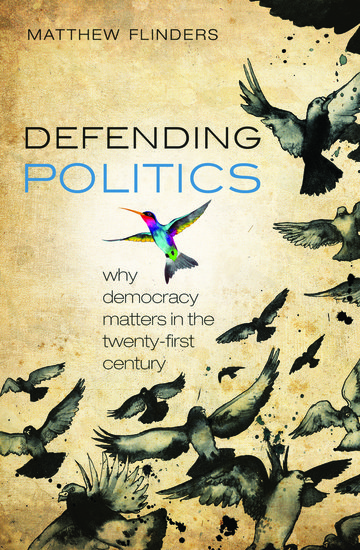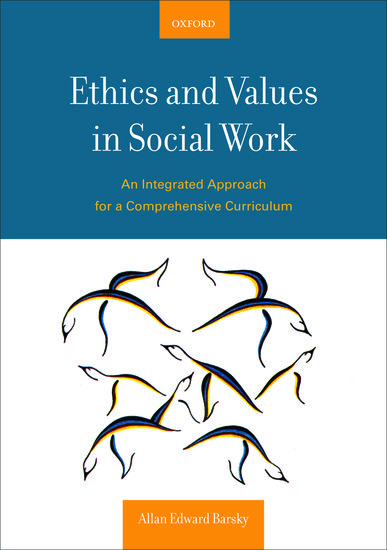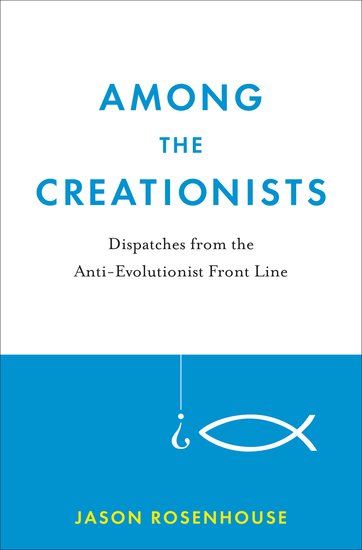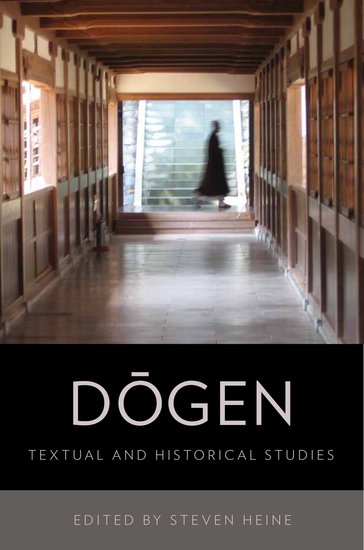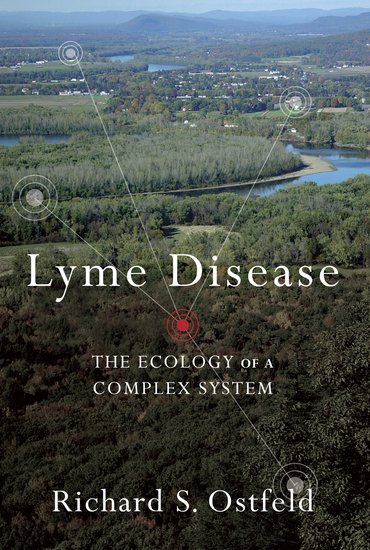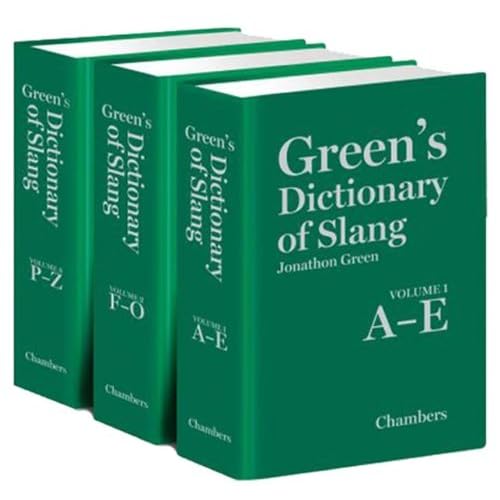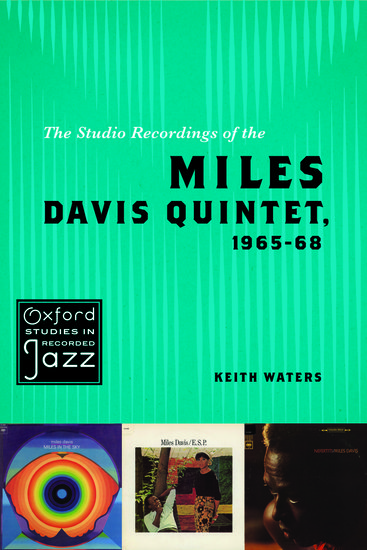It’s just a joke!
By Matthew Flinders
Satire is dangerous because some people just don’t get it. They don’t get it in the sense that they seem unable to grasp the fact that the role of a comedian or talk-show host is to get laughs by launching a barrage of cheap shots at politicians. Some politicians undoubtedly deserve it and to some extent standing for political office comes with a side-order of politically barbed jokes and insults and the link between politics and satire goes back centuries — Aristophanes, Aristotle, and even Machiavelli understood the advantages of incorporating humour into political commentary — but my concern is that not only has the nature of the audience changed but so has the nature of political comedy and satire itself.

